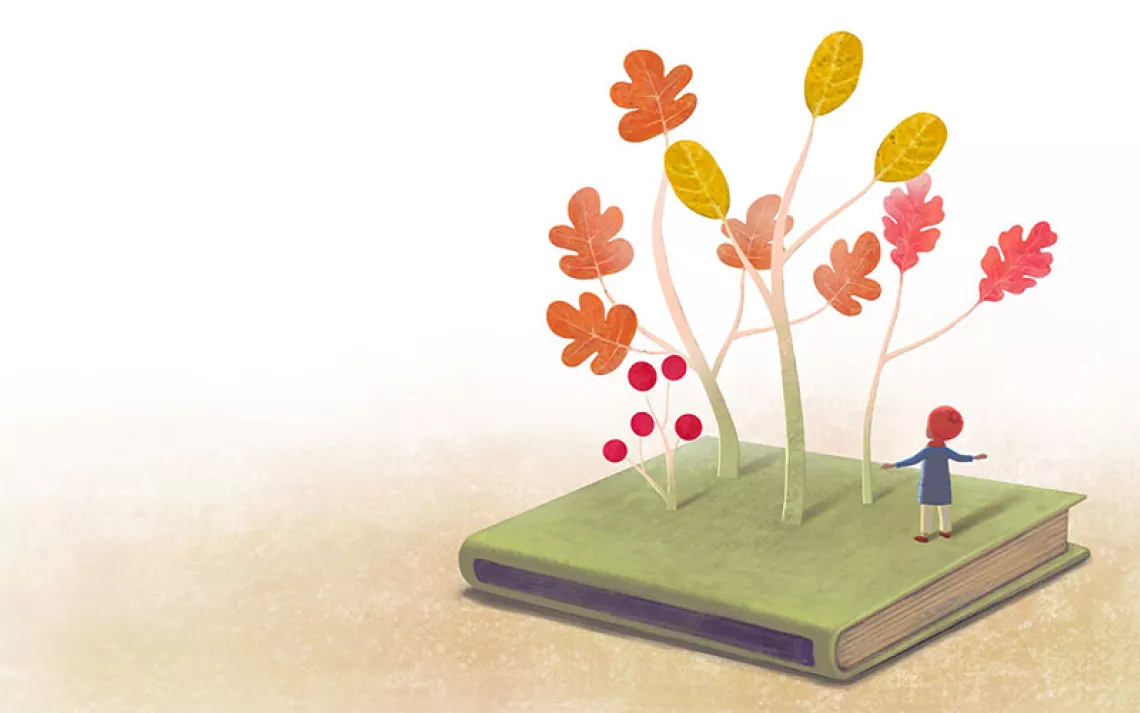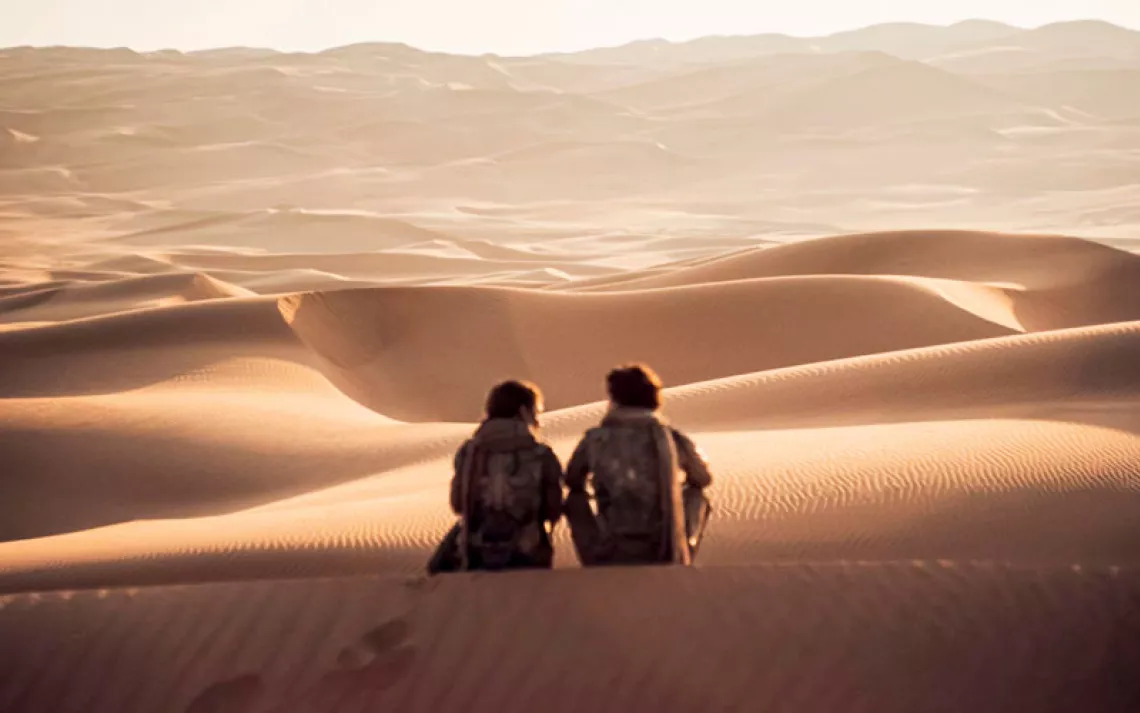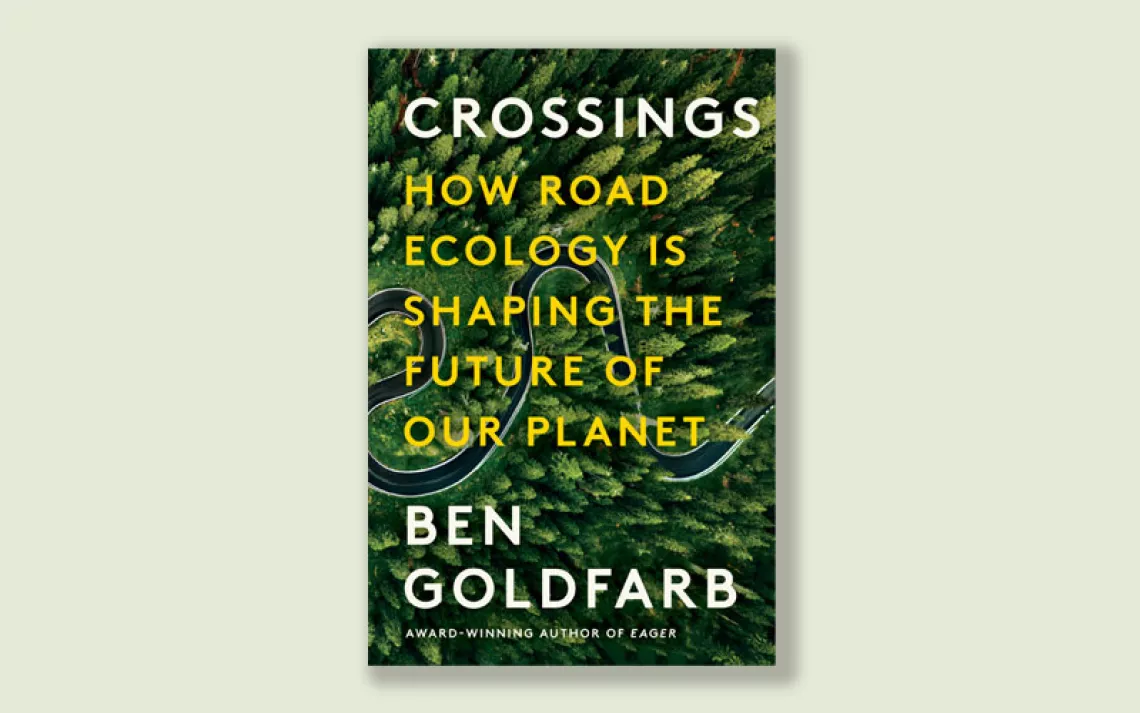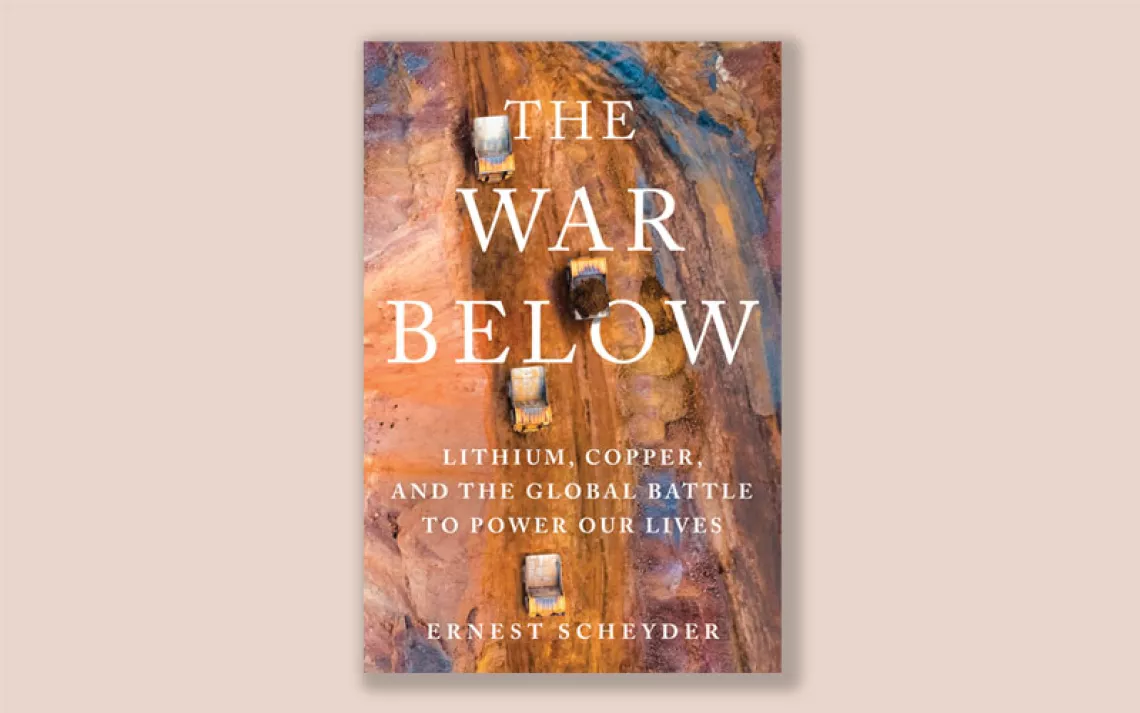The Next Asteroid
Are humans causing a sixth mass extinction?
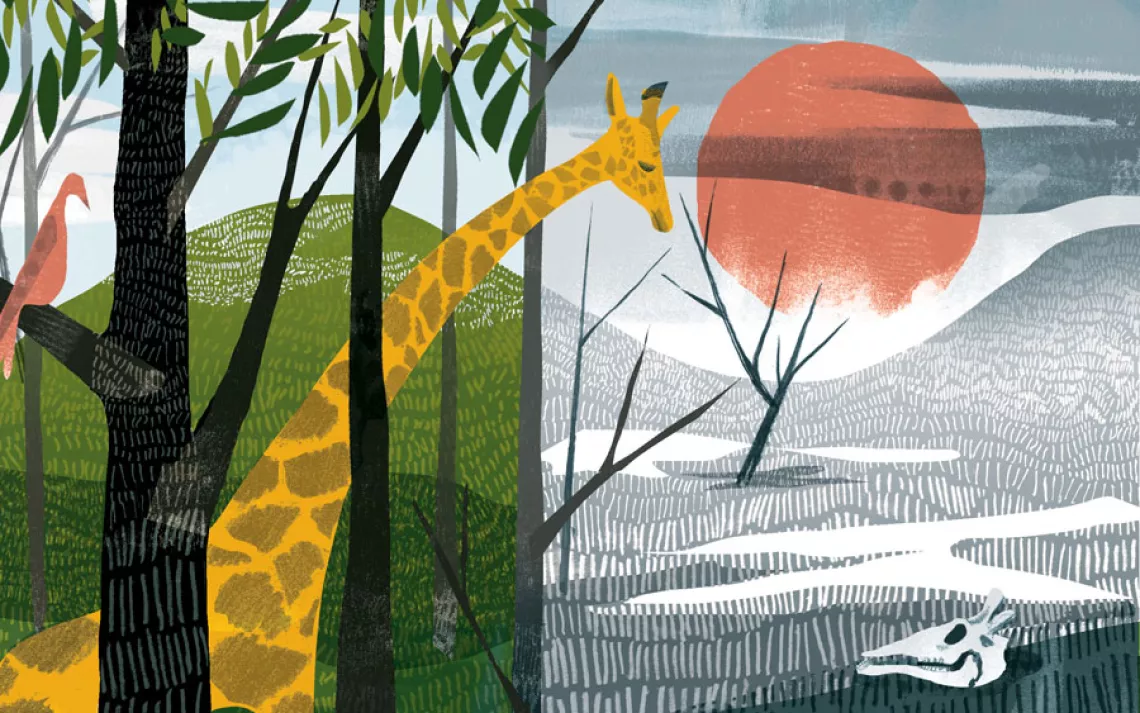
Sam Kalda
In 1856, some 30,000 years after humans met, shagged, and stamped out Neanderthals, we discovered them.
Such revelations of humankind's forgetfulness pervade Elizabeth Kolbert's The Sixth Extinction: An Unnatural History. Published in February, the book sold out of many stores within a week and quickly rocketed to fifth on the New York Times' hardcover nonfiction best-seller lists. It's the tale of how humanity is causing the latest mass extinction in Earth's history, told through a series of narratives about species that humans have sent--or are sending--into the ether. The other five mass die-offs are attributed to climate change, volcanic activity, or asteroid impacts, depending on whom you ask.
Kolbert, a staff writer at the New Yorker, compellingly argues that we are basically the next asteroid. Today, scientists estimate that humans are causing species to disappear at between 1,000 and 10,000 times the natural extinction rate. The main factors are climate change, ocean acidification, and the disintegration of habitats into small islands of livable space.
Kolbert worries that the extinction train might become self-driving: "If one ecosystem collapses, are you going to have a domino effect?" she asked on Sierra Club Radio. "Climate change is part of an even larger story."
In a disturbing twist not mentioned by Kolbert, past extinction events are fueling the current one. Most of the coal burned today comes from the fossilized remains of tropical swamps from the Carboniferous period, which were wiped out, along with at least 90 percent of the species on Earth, during the third extinction--also caused by climate change, some believe. (Each extinction event left behind its own cartoonishly lurid world. The third's offspring was a green sky above a sea fizzing poison gas.) And the Alberta tar sands? The petroleum therein was once zooplankton that probably died off in the Devonian period.
"In the amazing moment that to us counts as the present," Kolbert writes, "we are deciding, without quite meaning to, which evolutionary pathways will remain open and which will be forever closed. No other creature has ever managed this, and it will, unfortunately, be our most enduring legacy."
 The Magazine of The Sierra Club
The Magazine of The Sierra Club
